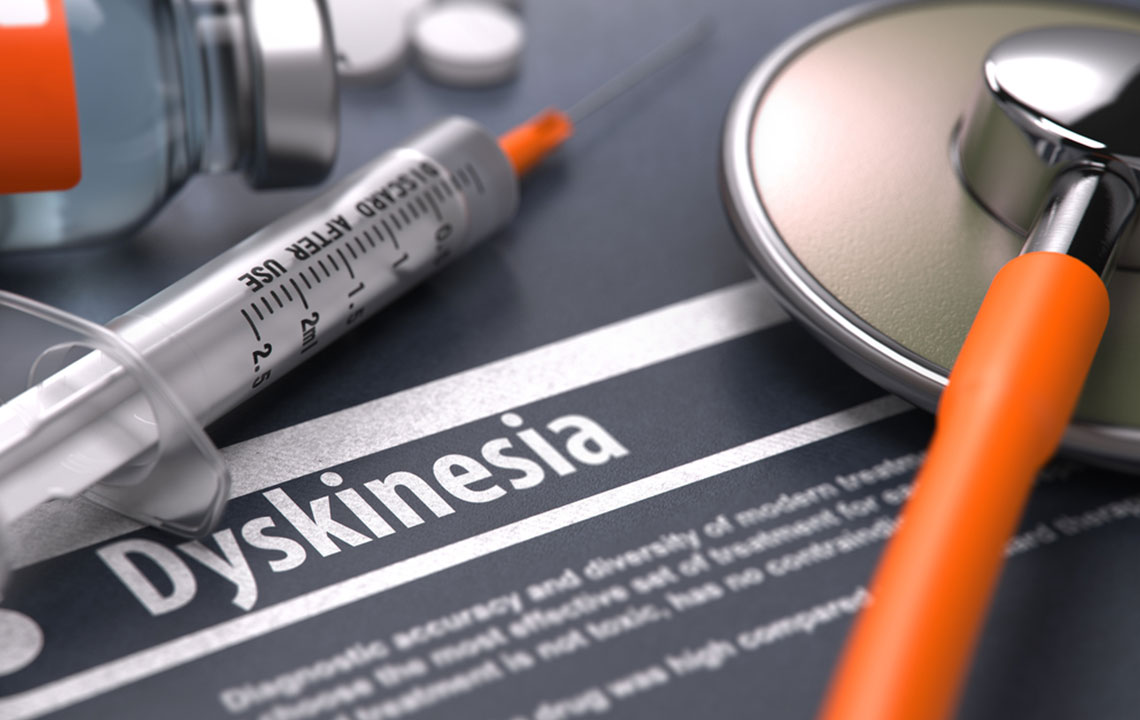Comprehensive Guide to Managing Essential Tremors Effectively
Essential tremor significantly impacts daily life through involuntary shaking, especially of the hands. This comprehensive guide explores effective management strategies including medications, surgical options like deep brain stimulation, and innovative treatments such as focused ultrasound therapy. Tailored treatment plans, developed in consultation with healthcare professionals, can help reduce tremor severity, improve quality of life, and restore confidence in daily activities. Whether dealing with mild or severe symptoms, understanding available options is key to effective management, ensuring patients live more comfortable and functional lives.

Comprehensive Strategies for Managing Essential Tremors
Essential tremor is a prevalent neurological disorder characterized by involuntary, rhythmic shaking, most commonly affecting the hands. This condition results from abnormal electrical signals in specific regions of the brain, primarily the cerebellum and thalamus. While essential tremor can sometimes involve other parts of the body such as the voice or head, hand tremors are the most noticeable and impactful. If you experience persistent or worsening tremors that interfere with daily activities, seeking medical advice is crucial for effective management and improved quality of life.
Although occasional shakiness might seem minor, ongoing symptoms should not be ignored, as they can progressively worsen over time. Sudden spikes in symptom severity may occur unpredictably, making management more challenging. Therefore, understanding the available treatment options is essential for those affected by this condition.
Managing essential tremors involves a combination of lifestyle modifications, medications, and, in some cases, surgical or advanced therapeutic interventions. The choice of treatment depends on the severity of symptoms, their impact on daily life, and the patient's overall health. A comprehensive assessment by a neurologist or healthcare specialist is vital to tailor an appropriate care plan. While mild tremors that do not interfere with daily routines might not require immediate treatment, more severe or progressively worsening symptoms often necessitate intervention to restore function and comfort.
Medications for Essential Tremors
The first line of treatment typically involves prescription medications. These drugs aim to reduce the severity and frequency of tremors. Commonly prescribed medications include beta-blockers such as propranolol, which help by dampening abnormal electrical activity in the brain. Other drugs like primidone, gabapentin, or topiramate may also be used depending on the patient's specific symptoms and response to treatment.
It is vital to consult with a healthcare provider before starting any medication regime. They can determine the most suitable drugs, dosage, and monitor for potential side effects.
Surgical Interventions for Severe Cases
When medication proves ineffective or causes undesirable side effects, surgical options may be considered. Deep brain stimulation (DBS) is a widely used surgical procedure for advanced essential tremors. This procedure involves implanting electrodes into specific brain regions such as the thalamus, which plays a key role in coordinating muscle movements. The electrodes are connected to a neurostimulator implanted under the skin, which delivers electrical impulses to regulate abnormal brain activity. Many patients experience significant tremor reduction and improved quality of life following DBS.
Innovative Focused Ultrasound Therapy
Another groundbreaking treatment option is focused ultrasound therapy, a non-invasive procedure guided by magnetic resonance imaging (MRI). This technique precisely targets and destroys small areas of problematic brain tissue responsible for tremors, providing symptom relief without the need for open surgery. The procedure is performed while the patient is awake, allowing real-time monitoring of effects. Focused ultrasound is typically considered for patients with severe tremors who have not responded well to medications, and it requires approval by a qualified specialist.
Overall, managing severe essential tremors involves a multidisciplinary approach that integrates medication management, surgical procedures, and advanced therapies. With proper treatment planning, patients can achieve better symptom control, leading to improved daily functioning and overall well-being.





